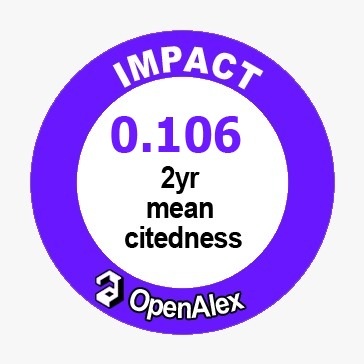The COVID-19 Pandemic and its Impact on Consumers' Food Habits
DOI:
https://doi.org/10.55220/2576683x.v9.246Keywords:
Agro-business, Albania, COVID-19, Food catering, Food security, Fresh food.Abstract
In January 2020, starting as a flu outbreak in China, COVID-19 was soon declared a pandemic, posing a significant threat to public health on a global scale. Albania experienced the initial impacts at the beginning of March 2020, resulting in the first confirmed cases and subsequent governmental measures that affected the entire population. The government implemented a lockdown, necessitating the cessation of operations for all schools and universities due to transportation restrictions and isolation protocols designed to mitigate the spread of the virus. During the first wave of the Pandemic, Albania distinguished itself as one of the countries that effectively managed the crisis. Social distancing measures considerably affected the coordination system, leading to challenges in food supply for families, particularly in urban areas—disruptions within the agri-food supply chain complicated food distribution to markets in sufficient quantities to meet consumer demands. Throughout 2020 and subsequent years, developed countries adopted an online and offline commerce model, deviating from practices established before the COVID-19 pandemic. Food catering services experienced significant growth during the lockdown compared to the pre-pandemic period. These services flourished by implementing various preventive and control measures calibrated to the scale of the COVID-19 pandemic. In Tirana, the capital city, stringent measures impeded both market and governmental efforts to ensure food supply for residents. The unplanned participation of various entities in online food trading facilitated the resolution of this issue. This period proved to be a pivotal opportunity for individuals globally to conceive future solutions.







